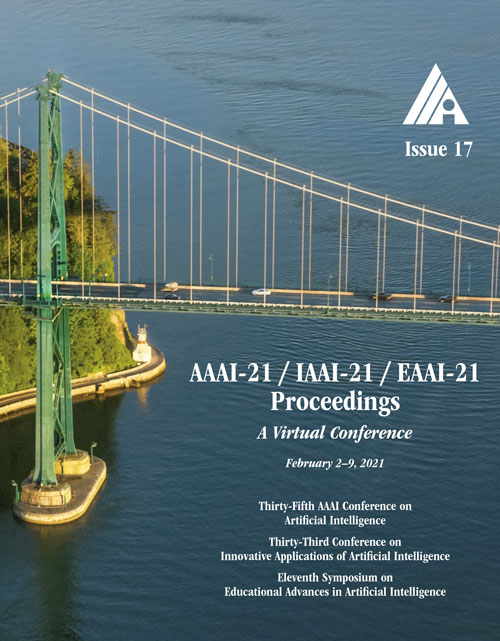RainBench: Towards Data-Driven Global Precipitation Forecasting from Satellite Imagery
DOI:
https://doi.org/10.1609/aaai.v35i17.17749Keywords:
Natural Sciences, Social Welfare, Justice, Fairness and Equality, Underserved communities, Other Social ImpactAbstract
Extreme precipitation events, such as violent rainfall and hail storms, routinely ravage economies and livelihoods around the developing world. Climate change further aggravates this issue. Data-driven deep learning approaches could widen the access to accurate multi-day forecasts, to mitigate against such events. However, there is currently no benchmark dataset dedicated to the study of global precipitation forecasts. In this paper, we introduce RainBench, a new multi-modal benchmark dataset for data-driven precipitation forecasting. It includes simulated satellite data, a selection of relevant meteorological data from the ERA5 reanalysis product, and IMERG precipitation data. We also release PyRain, a library to process large precipitation datasets efficiently. We present an extensive analysis of our novel dataset and establish baseline results for two benchmark medium-range precipitation forecasting tasks. Finally, we discuss existing data-driven weather forecasting methodologies and suggest future research avenues.Downloads
Published
2021-05-18
How to Cite
Schroeder de Witt, C., Tong, C., Zantedeschi, V., De Martini, D., Kalaitzis, A., Chantry, M., Watson-Parris, D., & Bilinski, P. (2021). RainBench: Towards Data-Driven Global Precipitation Forecasting from Satellite Imagery. Proceedings of the AAAI Conference on Artificial Intelligence, 35(17), 14902-14910. https://doi.org/10.1609/aaai.v35i17.17749
Issue
Section
AAAI Special Track on AI for Social Impact

